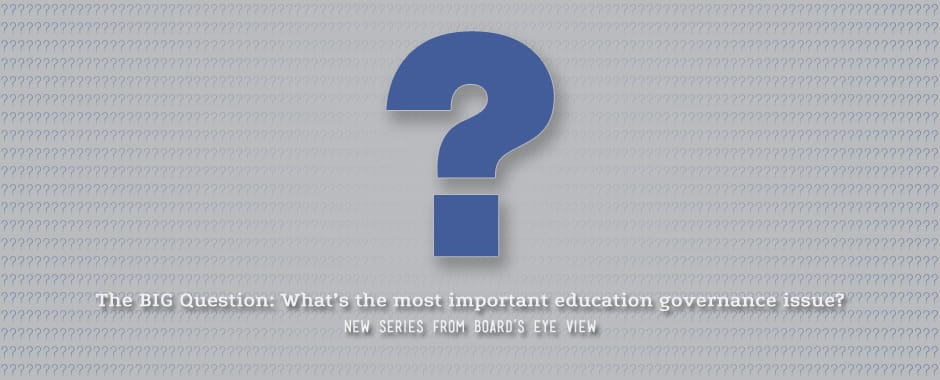 Guest blogger Michelle Rhee is the founder and CEO of StudentsFirst, a bipartisan grassroots movement working to improve the nation’s schools. She previously served as chancellor of Washington D.C. schools and before that founded The New Teacher Project, which helps districts recruit effective teachers to challenging schools. Michelle began her career as a classroom teacher in Baltimore.
Guest blogger Michelle Rhee is the founder and CEO of StudentsFirst, a bipartisan grassroots movement working to improve the nation’s schools. She previously served as chancellor of Washington D.C. schools and before that founded The New Teacher Project, which helps districts recruit effective teachers to challenging schools. Michelle began her career as a classroom teacher in Baltimore.
Too often decisions are made and policies are set based on the interests of adults in the system rather than student needs.
As I spend time visiting and studying school systems across the country, I see many bright spots. But I also see far too many places where children are being educationally shortchanged. That’s reflected in the still-enormous gaps between what poor and minority students know and can do academically and the performance of their wealthier, white peers. And it’s also reflected in the growing gap between American students and their peers overseas.
So how did we get here and what do we need to do to give our kids—all our kids—the twenty-first century education they deserve?
I can’t point to any one policy that is responsible for holding our kids back. But I can assure you that there is an overall approach to education policymaking that is hurting children. And that is this: Too often decisions are made and policies are set based on the interests of adults in the system rather than student needs.
Consider how we conduct teacher layoffs, when they unfortunately arise. They are almost always tied to seniority rather than a teacher’s work with students. While some say that’s fair to the adults in the system, in fact the policy is unfair and harmful to kids. Research shows that quality-blind layoffs push some of our best teachers out the door. An Urban Institute study found very little overlap between teachers who would be let go under seniority rules and those who would be let go if teacher effectiveness were used. Experience matters, but not more than job performance.
Policies governing how teachers and principals are evaluated also aren’t serving student needs. Too often we conduct these evaluations too infrequently and in a practically meaningless manner. I know scrutiny can be uncomfortable, especially for those who aren’t used to it, but rigorous evaluations can help educators improve and ensure kids are learning at high levels. Teacher evaluations should include, but not be limited to, classroom observations and an objective look at whether students are making academic gains. Principals should be evaluated based on factors such as school-wide student progress, parental engagement and the management of a school.
The list of adult-centered, rather than student-centered, policies in our schools is long.
Another popular policy that isn’t aligned with kids’ needs is the forced placement of tenured teachers “excessed” from one school into another without any regard to whether it’s a good fit or the principal at the new school agrees with the decision. The policy leads to the so-called “dance of the lemons,” because it allows less effective teachers to be moved around rather than getting the professional development they need to improve or, when it's best for children, be counseled out of the profession.
The list of adult-centered, rather than student-centered, policies in our schools is long, and other examples include how tenure is awarded, how public resources are spent, and the degree to which educational choices are available to families. I urge our nation's education leaders to take a hard look at the policies and practices governing their school systems and consider whether they are first and foremost serving the needs of kids.
The challenges before us are great, but they are not insurmountable. Our organization is working in seventeen states, and, in just a year and a half, we’ve seen real progress in many of them. Most recently, Georgia eliminated seniority-based teacher layoffs and the Connecticut legislature passed a measure that gives the commissioner of education the flexibility to turn around some of the state’s most under-performing schools. Our more than one million members are committed to this idea that we need to put student needs at the center of decision-making in our schools. If we stand by that principle, we can’t go wrong can create schools that give our kids a shot at success.
While editor Peter Meyer is taking a brief sabbatical from his biweekly blog, Board's Eye View is hosting a series of guest blog posts from a range of experts and stakeholders answering The BIG Question: What's the most important governance issue? Meyer encourages readers to interact with our TBQ contributors or contact him directly at pmeyer@edexcellence.net if they would like to submit their own TBQ essay.
